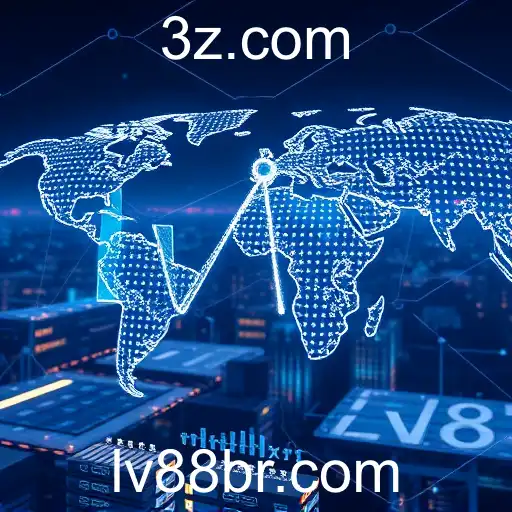
Exploring the latest technological advances and their impact on global economic dynamics.
As 2025 unfolds, the global landscape is witnessing unprecedented changes driven by rapid technological advancements and evolving market trends. One term that has been gaining traction this year is 'lv88,' a keyword representing a pivotal digital platform known for integrating cutting-edge AI and blockchain technologies. This platform is revolutionizing the way businesses operate, offering enhanced security, efficiency, and transparency in transactions.
The 'lv88' platform is part of a broader wave of digital economy transformations, which are reshaping traditional business models across sectors. Companies are increasingly adopting artificial intelligence to optimize operations, while blockchain ensures a new level of trust and traceability in supply chains. These innovations are not just theoretical; they are being applied practically, driving growth and competitiveness in various industries, from finance to logistics.
Recent reports indicate that countries around the world are adapting to this shift at differing paces. While tech-forward nations like South Korea and Estonia have fully embraced digital currencies and AI-driven governance, other regions are still grappling with infrastructural and regulatory challenges. This disparity underscores the importance of international collaboration and policy frameworks that promote technological inclusivity.
In the financial sphere, digital currencies are maturing, with central banks exploring the feasibility of Central Bank Digital Currencies (CBDCs). These digital currencies promise more efficient and transparent monetary systems, potentially reducing operational risks associated with traditional banking. Moreover, AI-driven analytics are offering new insights into market trends, enabling investors to make more informed decisions in the volatile global market.
The dynamics of global trade are also being influenced by technological trends. With the rise of e-commerce platforms and digital payment systems, businesses can tap into global markets with increased ease. The international regulatory environment, however, needs to keep pace with these innovations to prevent digital monopolies and ensure fair competition.
Public discourse around these changes often highlights the need for ethical considerations in technology deployment. As AI systems become more integrated into daily life, questions about data privacy and job displacement arise. Policymakers and industry leaders are tasked with balancing innovation with ethical standards to build a sustainable digital future.
In conclusion, the year 2025 is a testament to the transformative power of technology, embodied in platforms like 'lv88.' These innovations are not only redefining industries but also challenging societies to rethink economic and social paradigms. As we navigate these changes, collaboration, ethical governance, and adaptive strategies will be crucial in harnessing technology's full potential for global prosperity.




